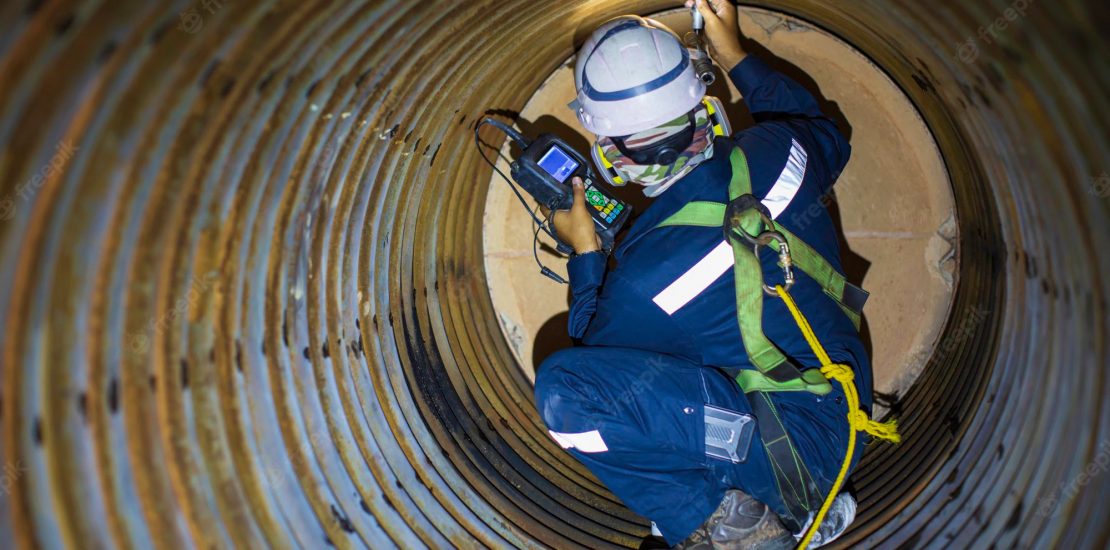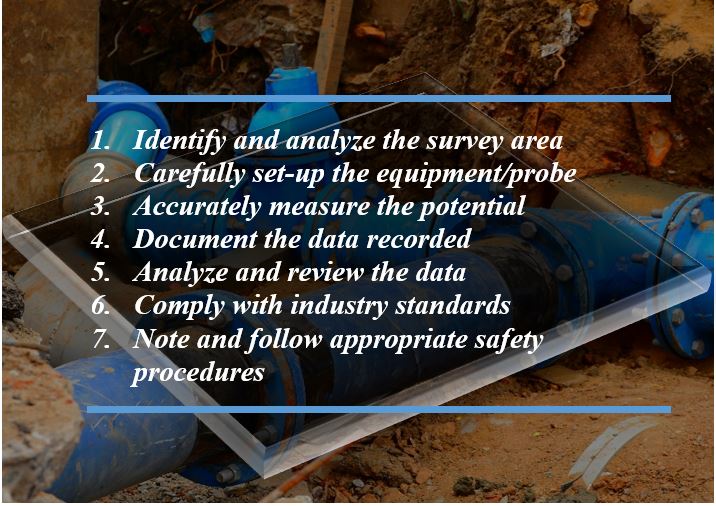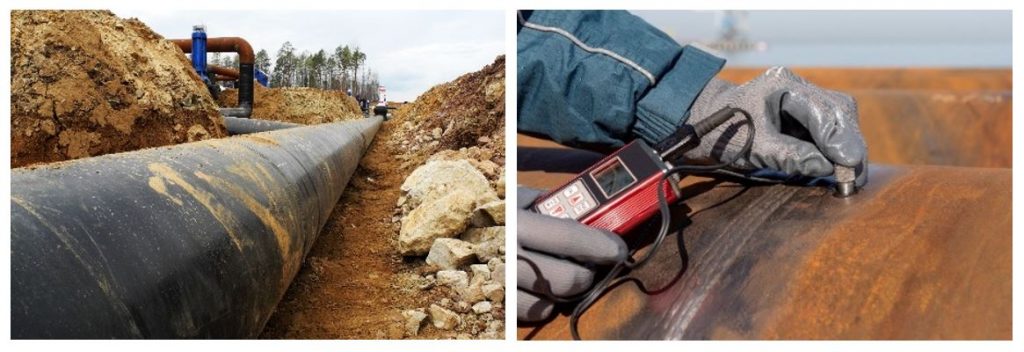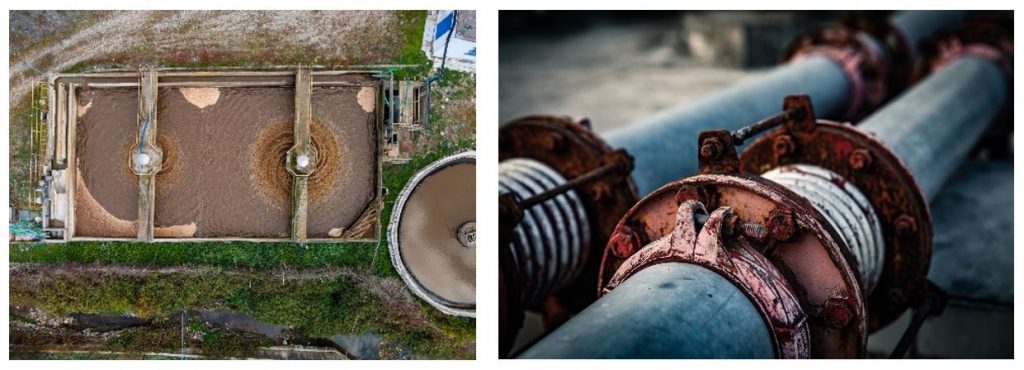- January 6, 2023
- Posted by: Velosi Author
- Categories: Asset Integrity, Insights

What is a Close Interval Potential (CIP) Survey?
A close interval potential (CIP) survey is a systematic method utilized to detect corrosion on buried or immersed metallic structures such as pipelines or storage tanks. This survey clearly contributes to measuring the electrical potential difference between two closely spaced electrodes at an interval of one meter or less. The length of the structure is mostly measured to detect and identify areas of corrosion or other damage. Moreover, CIP surveys are often utilized as a part of corrosion monitoring, control, and maintenance programs to help prevent overhead damage costs.
Importance of CIP Survey in the Oil and Gas Industry
The oil and gas industry is vast with leading competitive organizations. One of the most important factors of productivity is less overhead costs with greater net profit; this solely depends upon resource management and maintenance of assets. Pipelines and storage tanks are predominant in the oil and gas industry, which makes close interval potential surveys important to detect corrosion or any other damage, mostly within the pipelines or storage tanks.
Buried/submerged pipelines and storage tanks in the oil and gas industry are at high risk of corrosion due to the harsh environments. This negative environmental impact can be restored and prevented through effective CIP surveys, which will save overhead damage costs. Above that, corrosion and massive damage affect the integrity of pipelines and storage tanks, making operations penurious and unsafe. CIP surveys are important to execute corrosion control, monitoring, and optimization of the assets efficiently through regulatory industry standards.
Implementation of Close Interval Potential Survey
As we discussed earlier, a close-interval potential survey is utilized to detect any sort of damage or corrosion marks within buried/submerged metallic structures. For implementing the considered survey, a probe/equipment with two electrodes is used through which an electric current is passed into the ground, measuring potential differences between the electrodes, which is known as the “close interval potential”. This difference at multiple locations makes it credible to identify the presence, location, and condition of the underground metallic pipes and cables.

CIP Survey Benefits
- Detects corrosion marks beforehand
- Detects potential hazards such as stray currents, electrical faults
- Contributes to effective safety procedures
- Cuts down overhead costs of damage repairs
- Enhances reliability
- Improves overall operational performance
Conclusion – How can the CIP survey reduce overhead costs and enhance asset reliability?
As mentioned earlier, pipelines contribute to major functions in the oil and other petrochemical industries. The capacity of the CIP survey to detect potential hazards with electrical pipelines and cables beforehand is a huge advantage. Beforehand identifications of potential hazards assist in reducing and eliminating expensive repairs, eventually turning down overhead costs.
Ensuring operating reliability is important. CIP survey helps to maintain the proper functioning of the pipelines and cables. Assets in excellent condition enhance asset reliability by reducing downtime and improving overall performance by contributing to cost savings.
Please contact us for more information and assistance.




